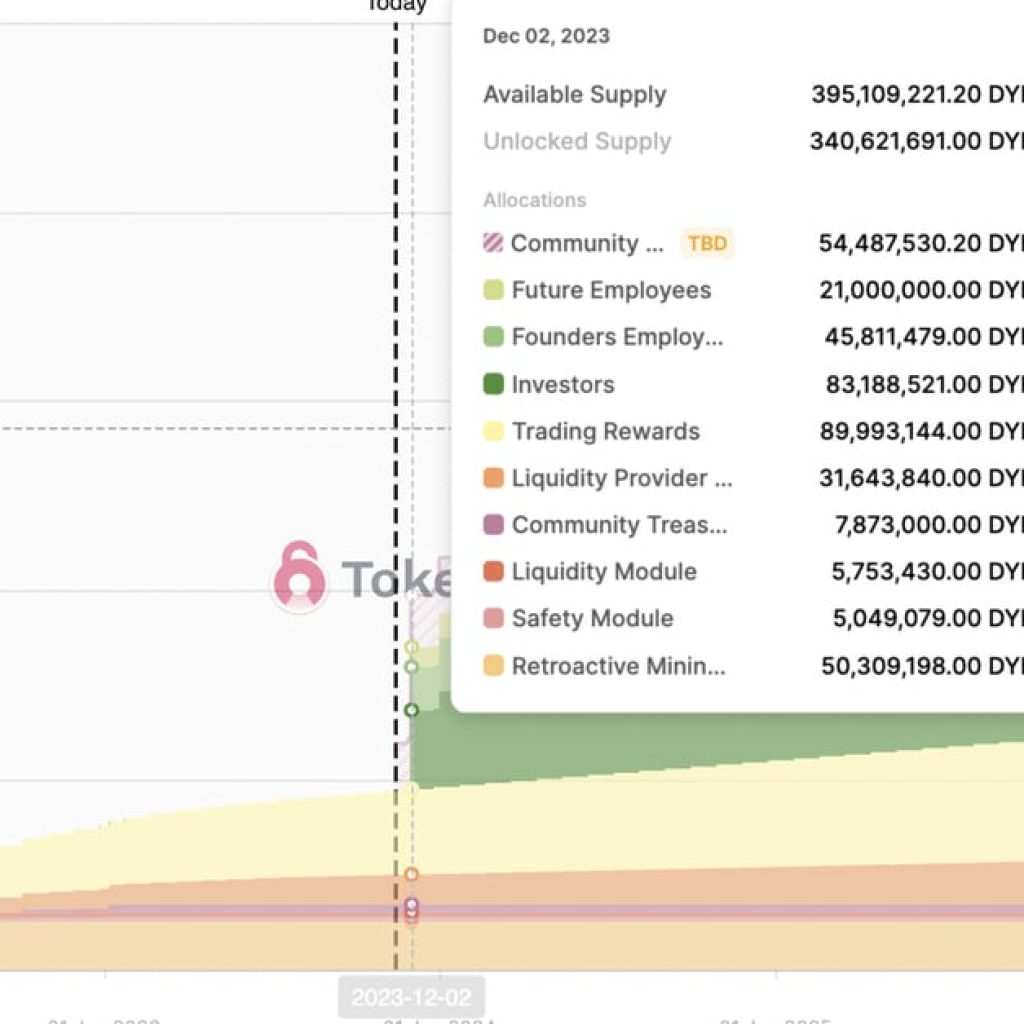HashKey Exchange, a prominent player in the digital asset sphere in Hong Kong, has revamped its operational framework to align with the new Travel Rule. This regulatory change, effective from the start of 2024, signifies a major shift in how virtual asset service providers (VASPs), including cryptocurrency exchanges, operate within the region. The Travel Rule, consistent with international standards set by the Financial Action Task Force (FATF), mandates stricter control over digital asset transactions.
This development in Hong Kong’s crypto landscape is part of a broader regulatory shift, where exchanges are increasingly focusing on compliance. HashKey Exchange’s adaptation to these changes is indicative of the growing emphasis on aligning with global financial regulations. The move is not just a local phenomenon but resonates with a global trend of tightening regulatory oversight in the cryptocurrency domain.
Revamping deposit and withdrawal processes
The integration of these new rules has led to a notable alteration in HashKey’s deposit and withdrawal mechanisms, particularly when interacting with third-party exchanges. Originally, HashKey planned to incorporate 24 exchanges in this update. However, they have currently limited the integration to Binance, based on a statement released last month. Since January 1, HashKey has been accepting deposits of virtual assets exclusively from Binance Global. Deposits from other exchanges are not supported at the moment, but there are plans to expand this list gradually.
The withdrawal process is also undergoing significant changes. The update maintains the existing whitelisting process but renders prior approvals for withdrawals to exchanges other than Binance invalid. Notably, addresses on Binance that have already been whitelisted do not require revalidation. This move underscores HashKey Exchange’s commitment to ensuring compliance with the new regulations, particularly concerning third-party exchange transactions.
Hong Kong’s progressive legislative proposals
Concurrent with these changes, Hong Kong is also making strides in regulating its stablecoin market through a series of legislative proposals. These include a mandatory licensing system, a joint initiative by the Hong Kong Monetary Authority and the Financial Services and Treasury Bureau. This regulation aims to establish a comprehensive framework governing the rapidly growing stablecoin sector in the region.
In addition to stablecoin regulation, Hong Kong facilitates easier access for retail investors to crypto ETFs (Exchange-Traded Funds). Although there is a global trend towards crypto spot ETFs, Hong Kong distinguishes itself by welcoming this investment product while maintaining rigorous regulatory and compliance standards. This approach reflects the region’s balanced stance on fostering innovation in the cryptocurrency market while ensuring investor protection and market stability.





